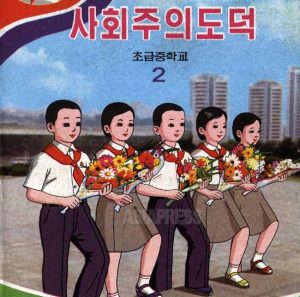Korea's Gifted Education System Faces Challenges Amidst Government Regulations

In South Korea, the gifted education system is under scrutiny as it fails to operate effectively compared to countries like China, where the government actively identifies and nurtures talented students. The South Korean Ministry of Education has imposed regulations that prevent achievements from international Olympiads from being considered in college admissions, citing concerns over private education.
According to the Korea Educational Development Institute, the number of students receiving gifted education in South Korea dropped to 65,410 last year, a decrease of 5,217 (7.4%) from 2023, and nearly half of the 121,421 students recorded in 2013. These students are those who have undergone training in gifted education programs run by schools, local education offices, and universities across the nation.
Experts suggest that the perception that gifted education does not significantly aid in college admissions is causing both students and parents to shy away from these programs. Since 2010, the government has restricted the recording of external awards in school records to curb excessive credentialism, and in 2014, it abolished personal statements for college applications. As a result, even students who excel in international competitions in subjects like mathematics, physics, and computer science find their achievements unrecognized in the college admission process. This has led to instances where International Science Olympiad medalists have been rejected by prestigious institutions like Seoul National University, while being offered scholarships by the Massachusetts Institute of Technology (MIT) in the United States.
In contrast to the trend in the United States and China, where top students are increasingly pursuing engineering fields, South Korea sees a significant number of its gifted students gravitating towards medical schools. This has prompted measures such as scholarship recoveries and restrictions on university recommendations for students from specialized science high schools and gifted high schools who choose to enter medical programs instead of STEM fields.
Former president of the Korean Society for the Gifted and Talented, Professor Seo Hye-ae from Pusan National University, emphasizes the need for social investment in gifted education to secure high-quality human resources. She advocates for the establishment of a system that allows universities to cultivate gifted individuals as national assets and calls for the expansion of short-term gifted education programs.
What do you think?
0 reactions





